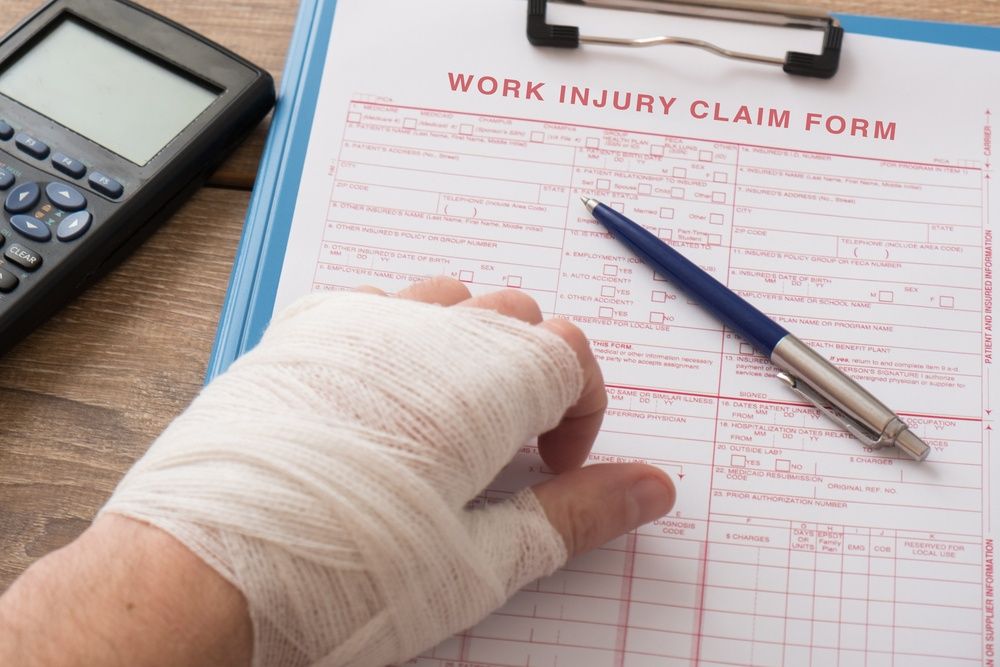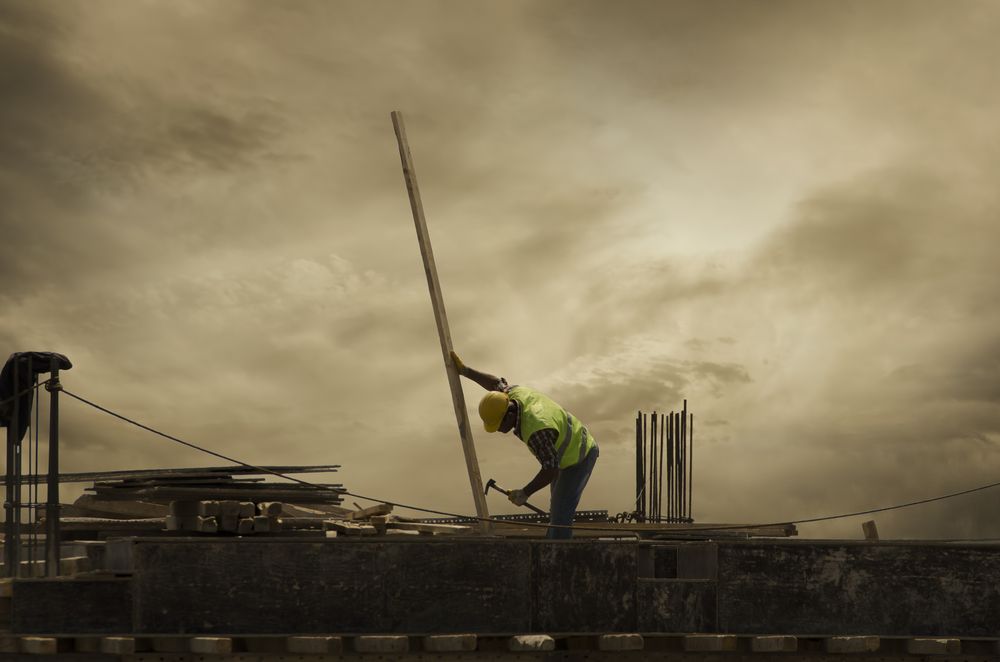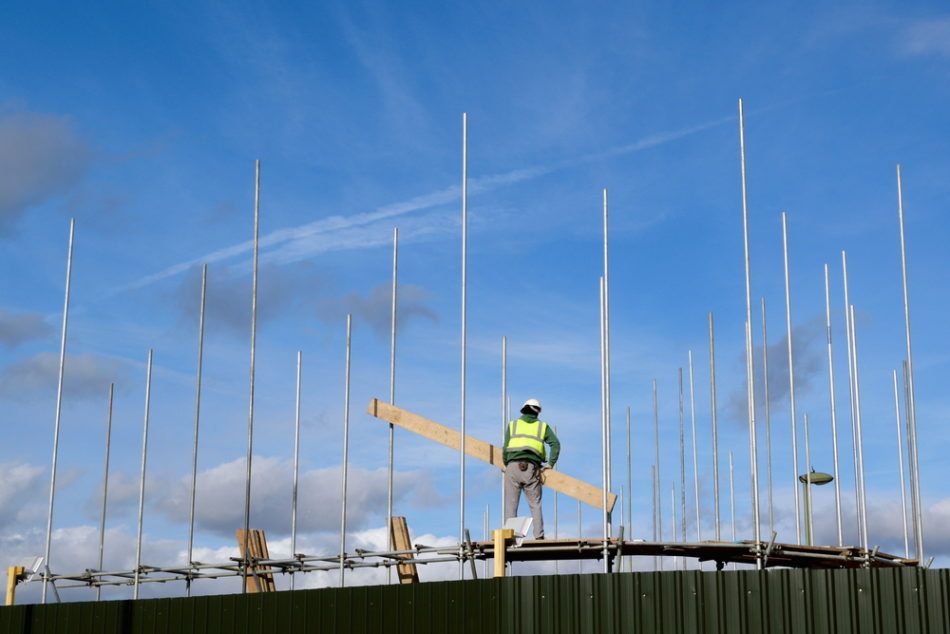Are You Protecting Your Lone Workers?
Professionals in a wide variety of fields often find themselves alone in hazardous work conditions. Are you doing all that you can to keep your lone...
2 min read
 Craig Badrick
:
Mar 3, 2016 5:00:00 AM
Craig Badrick
:
Mar 3, 2016 5:00:00 AM
Lone workers are at a greater risk than those who are continually around others. These workers can become ill, injured, or worse, and might be stranded helpless for hours before they are missed or discovered. Companies need to have plans in place to monitor these workers and to empower them to get assistance if needed. Solutions like duress alarms are ideal for helping to keep lone workers safe and secure. Here are three different types of lone workers you need to identify in your company and put protective measures in place for.
Many workers like laboratory employees, who often spend time in labs alone where others can’t see them are at risk. Hazardous materials can spill, and chemical fumes can be especially dangerous. Add in the fact that laboratory workers often put in long hours outside of the traditional 9-5 schedule, and you end up with a recipe for a potential disaster. So how do you ensure your lab workers are safe? Implementing duress alarms, which include a no-response alert in case a laboratory worker becomes incapacitated, can help protect your employees in the event of an emergency.
Some maintenance workers complete repairs without the safety net of checking in with others, who might report their failure to show up for a job. Workers like these spend countless hours on roofs, in boiler rooms, and in basements, many of which are unaccounted for. A sudden illness, a fall or accident, or a surprise by someone with nefarious intentions are all real and present dangers for maintenance and repair workers who have little or no interaction with anyone else during the course of a given work day.
Duress alarms are also an effective way to protect your maintenance workers. These tools can be programmed so that if a user falls and is not able to stand back up, the alarm is activated even if the worker isn’t able to activate it him or herself. Alternately, these alarms can be set to send out a signal periodically and sound the alert if the worker is unable to answer.
Manufacturing workers are among the most at risk for falling victim to job-related accidents. Operating heavy machinery and working in a loud environment can be dangerous, and if a manufacturing worker is alone in the shop, that danger increases exponentially. These lone workers need to be contacted regularly to check on their well being, and also should be protected by a way to alert someone for help if needed. Often, cell phones and landlines are unreliable in an emergency, or the worker might be unable to get to those communication tools if they are hurt on the job.
Identifying your lone workers is the first step towards protecting them. Then, request a quote for a duress alarm that can keep them protected

Professionals in a wide variety of fields often find themselves alone in hazardous work conditions. Are you doing all that you can to keep your lone...

The 2019 Lone Worker Safety Conference highlighted the importance of empowering lone workers to put their safety first. On October 15th, workers from...

These are the four most common risks that lone workers face. What can employers do to mitigate the dangers? The Bureau of Labor Statistics recorded...